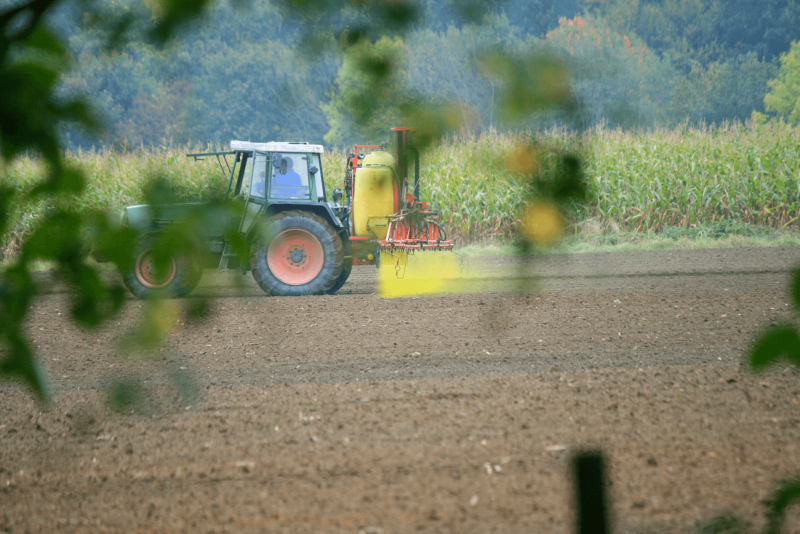Why are bugs so difficult to get rid of? If you’ve ever had an infestation even in your own home, you know that this can be an absolutely catastrophic nightmare. You might have to call an exterminator, and then all of a sudden, they are your best friend when the problem is solved. True heroes!
So why then are we so hypocritical as a society when farmers have to do it? Yes, I’m talking about pesticides. Exterminators are heroes when they solve the problems in a suburban home, so it’s time that farmers are hailed the same way. Who wants to eat bug- and disease-infested food? Who wants worms in their produce? Gross! Farmers kill bugs just like exterminators do. We don’t want them in our homes, we don’t want them in our food. Farmers solve problems in the food supply so we don’t have to!
We all care about the health of ourselves, our society, and our food supply. Let’s not forget that farmers are modern day heroes. Remember that not all heroes where capes — some of them drive tractors.































